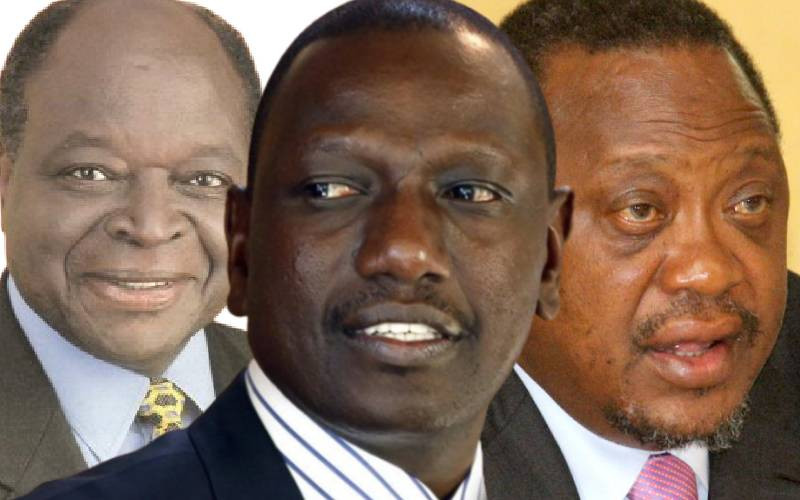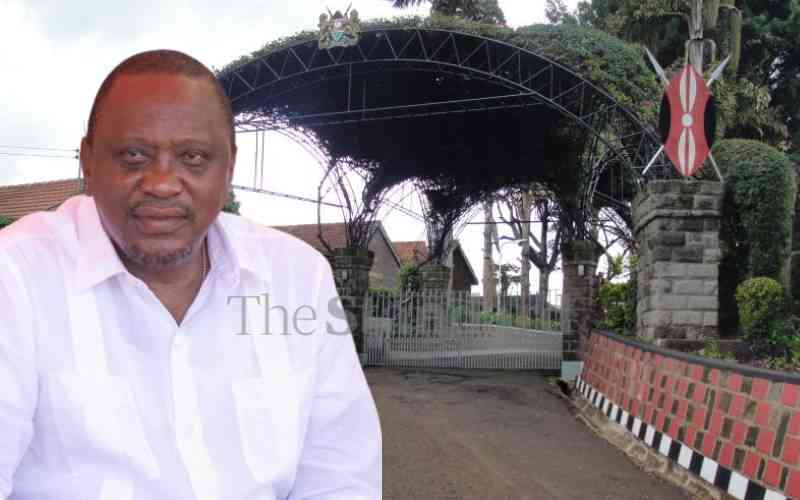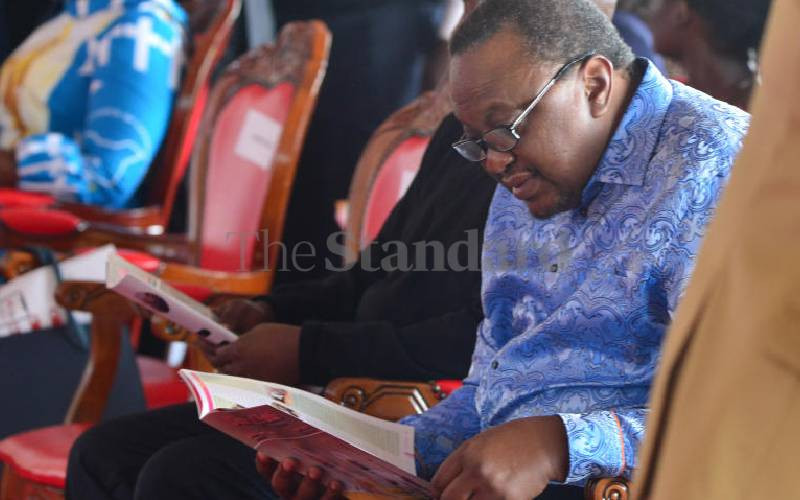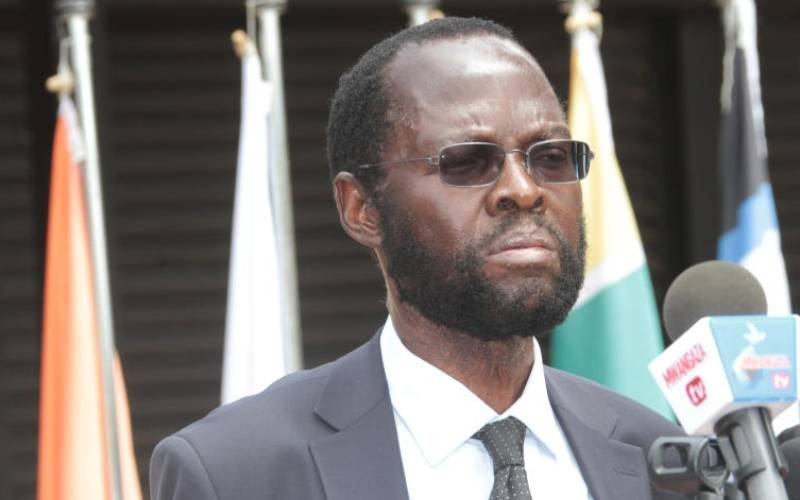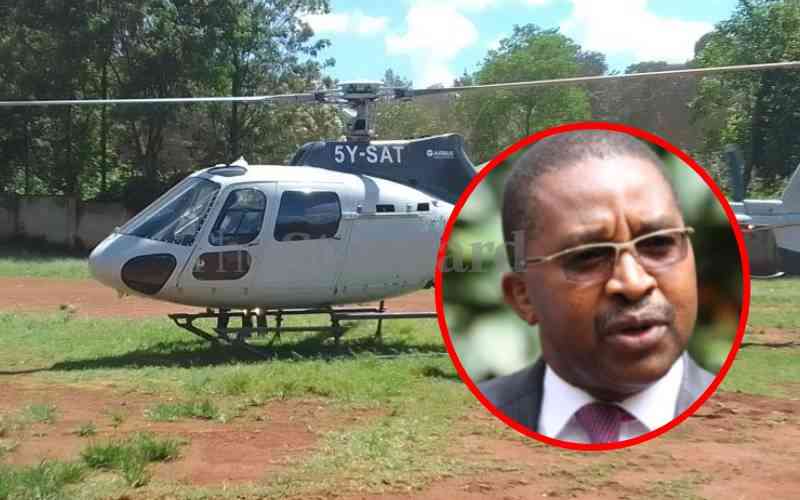Here is President Kenyatta’s statement during the 20th anniversary of the Rwanda genocide in Kigali on Monday
I join you today, pleased to be here but bearing a heavy heart in remembering the terrible events that got underway this day, 20 years ago. The people of Kenya reach out to their Rwandan brothers and sisters; we mourn with you, and join you in our determination that genocide will never find space in our region again.
For a hundred days, Rwanda suffered grievously while the world watched without daring to step in and fulfill the famous pledge of “never again” made after the Jewish Holocaust. Almost a million Rwandans were lost in an escalation of violence that had plagued the country for decades with its roots in colonialism’s racist ideology and a post-colonial state that practised the politics of division and terror.
Unsung heroes
These beautiful hills were deluged with pain and death. The world’s refusal to act against the killers exposed the gulf between high-minded avocations of humanity, and the calculating approach that judges ‘interests’ against human lives.
Our region also stood aside, and for that we owe the most profound apology to the people of Rwanda. We have learned that no one from far away can be relied on to come to our aid; we must build an independent capability and will to protect the lives of our children and their future.
This is why as the chairman of the East African Community (EAC), I believe that we must ensure that our region is as strong on security and mutual aid, as it is in trade and economic integration. Building an EAC in this second decade of the 21st century that would have intervened in 1994 is the least we can do to honour the memory of the dead.
Rwanda learnt its painful lesson well. We proudly watched you go about the business of burying your dead, seeking justice for them by pursuing the killers, and then building a country that disavowed ethnic division, and promised good government.
Your nation is a phoenix-home of millions of unsung heroes. I salute the Rwandans who endured and survived. I applaud those who reached out to save their neighbours. I thank the Rwanda Patriotic Front for doing what so many others were unable or unwilling to do. I join hands with your President Paul Kagame, in working toward a region that is prosperous, brotherly and safe for all our people.
We have learnt from your outstanding example of resisting the politics of ethnic division. We too have suffered from the violence that arises from not putting colonial divide-and-rule narratives to rest. We must guard against those who sought to dominate and exploit us all those years ago, and who even today pursue their economic and geopolitical interests with scant regard for our independence and sovereignty.
Inflammatory speech
But that is not all we need to guard against. We must take the Rwandan example of Gacaca to deploy home-grown solutions that find the difficult balance between the victim’s craving for justice and the nation’s need for reconciliation and peace following conflict.
The dreadful media of Kangura and Radio RTLM must be remembered for us to reject hateful and inflammatory speech that seeks to turn us against one another on the basis of ethnicity or religion.
We must also guard against deniers of the genocide and their supporters. We note that genocidaires remain abroad, openly rejecting the horrors of 1994 and even seeking to argue, from reputable rostrums, that it is they who were the real victims. This is a way to hide their vile agenda, which is nothing less than the continuation of the genocide by narrative means, behind admirable norms such as free speech.
We are not fooled for one instant. Free speech is not hate speech. Denial of the 1994 genocide is not an exercise in academic freedom or democratic politics; it is a cloak for murderers who to this day believe their genocidal work is not complete.
Stay informed. Subscribe to our newsletter
Rwanda has moved forward together with Kenya and East Africa. You are no longer just a nearby country; you are a first-line partner in our transformative political and economic enterprises. These days we look out for each other.
Although we do not expect mass violence to revisit Rwanda, our history has taught us the need for vigilance. The Inter-Government Committee on the Great Lakes Region, the Eastern Africa Standby Force, and other arrangements remain at hand to ensure that our region is never again home to mass murder and genocide.
Our concern extends to the tragic events in South Sudan and the Central African Republic.
Protect civilians
Kenya has worked hard to engage in the search for peace in these troubled countries. Our troops, like those of Rwanda, have been deployed to protect civilians while our diplomats work overtime to forge stability and then peace. We must not allow those crises to escalate any further into the kind of mass atrocities that would betray our determination to ensure that “never again” is a real promise.
Let me finish by telling all Rwandans that in Kenya you have a friend. We grieve with you and honour the memory of all who suffered and perished.
I pray with you for the souls of the dead, and for the healing of their families, friends and compatriots. I look to the future in expectation of continued stability and progress. Stay united and independent. I wish you all God’s blessings – and peace, love and unity always.
 The Standard Group Plc is a
multi-media organization with investments in media platforms spanning newspaper
print operations, television, radio broadcasting, digital and online services. The
Standard Group is recognized as a leading multi-media house in Kenya with a key
influence in matters of national and international interest.
The Standard Group Plc is a
multi-media organization with investments in media platforms spanning newspaper
print operations, television, radio broadcasting, digital and online services. The
Standard Group is recognized as a leading multi-media house in Kenya with a key
influence in matters of national and international interest.
 The Standard Group Plc is a
multi-media organization with investments in media platforms spanning newspaper
print operations, television, radio broadcasting, digital and online services. The
Standard Group is recognized as a leading multi-media house in Kenya with a key
influence in matters of national and international interest.
The Standard Group Plc is a
multi-media organization with investments in media platforms spanning newspaper
print operations, television, radio broadcasting, digital and online services. The
Standard Group is recognized as a leading multi-media house in Kenya with a key
influence in matters of national and international interest.

